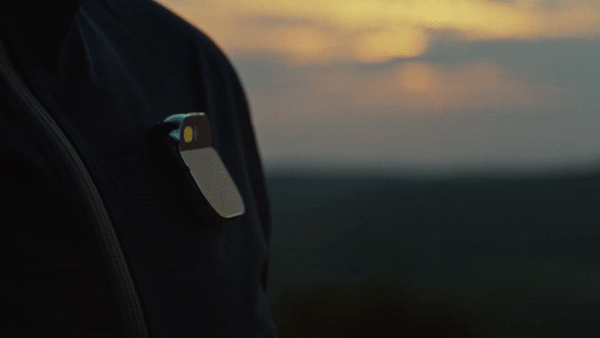
Much-hyped hardware startup Humane announced it’s laying off 10 employees — 4% of its workforce — before it has shipped a single one of its funky new ambient computing devices.
The company’s chief technology officer (CTO) is also “transitioning” into an advisor role after five years at the company.
“As we begin this new chapter of Humane, going from stealth to customer facing, we are making some changes to best prepare us for continued growth,” CEO and co-founder Bethany Bongiorno wrote in a LinkedIn post (as reported by The Verge).
Founded in 2017 by former Apple executives Bongiorno and Imran Chaudhri, Humane had raised a considerable chunk of change from big-name backers including OpenAI’s Sam Altman, before the company finally announced to the world last June what it was working on — the Ai Pin, a wearable device that packs a bunch of sensors and AI-smarts with a projector that beams information onto any surface.

Humane has been cranking its PR machine into overdrive these past few months, first revealing in November that the Ai Pin would cost $699 plus a $24 dollar monthly subscription to support its push into the MVNO realm, with shipping starting in March this year.
Two months before anything has left Humane’s factory floor, though, Bongiorno has made a handful of HR announcements, including a few internal promotions. However, buried in the announcement was the news that 4% of its 250 employees are leaving the company, alongside long-standing CTO Patrick Gates, who worked in a senior engineering capacity at Apple for 13 years before joining his former colleagues at Humane in early 2019.
Humane hasn’t revealed who the new CTO will be, or even if there will be a new CTO — but the official reason for Gates’ stepping down was that he wants to spend more time with his family.
It’s clear that Humane is aware of the optics around these changes, particularly in an economic climate that has seen many established companies struggle — let alone a fledgling hardware startup that has built a lot of buzz before it has brought a single product to market. This is likely why the departures were relegated to near footnotes in Bongiorno’s post, with its internal promotions and a new-hire positioned front-and-center — alongside a reminder that the company is still actively hiring (seven new roles, to be exact).

